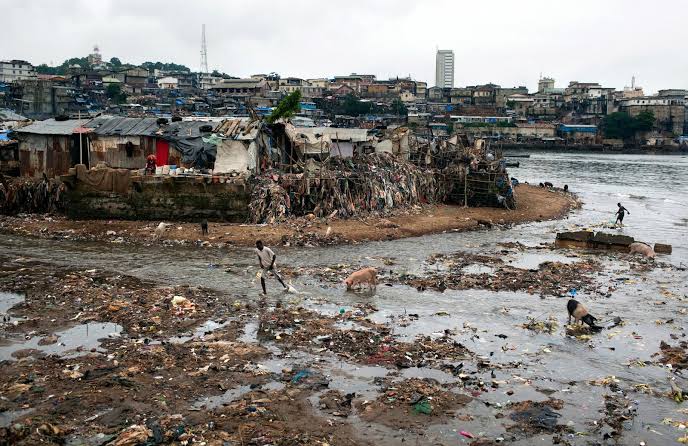Rains may trigger cholera in Bauchi, expert warns

BY NEWS DESK, AUGUST 07, 2025 | 02:07 PM
Dr Ibrahim Kabir, an environmentalist and former Director-General of the Bauchi State Environmental Protection Agency, BASEPA, has raised the alarm over a possible cholera outbreak as the rainy season intensifies.
In an interview with the News Agency of Nigeria on Thursday in Bauchi, Kabir urged residents to adopt strict hygiene and environmental safety measures to prevent an outbreak.
He attributed the spread of cholera to poor sanitation and the consumption of contaminated food and water.
“Cholera is transmitted through ingestion of contaminated food and water, largely a result of poor sanitation,” he said.
Mr Kabir cautioned that even food or water that appeared clean could carry harmful bacteria if hygiene was compromised.
He noted that pathogens could spread through air, water, animals, and footwear.
He also highlighted that open defecation, especially in rural areas without proper toilet facilities, posed a significant threat.
“When rain falls, fecal waste from open areas often washes into drinking water sources or food zones. This is how cholera spreads rapidly,” he explained.
To prevent contamination, he advised that toilets should be built at least 10–15 meters away from wells or boreholes.
“People don’t realise that their neighbour’s poor waste system can pollute their own water,” he warned.
Mr Kabir also urged residents to consult urban planning authorities before constructing homes, to ensure proper layouts and adherence to environmental safety standards.
He noted that while chlorination of water helped, it must be combined with consistent hygiene practices such as regular handwashing, proper food covering, and safe waste disposal.
He called on community leaders, health officials, and the media to ramp up public awareness campaigns.
“Health and cleanliness go hand-in-hand. Prevention is cheaper than cure,” he emphasised.
NAN
Appeal for support
Conflict Reporting is dangerous and risky. Our reporters constantly face life-threatening challenges, sometimes surviving ambushes, kidnap attempts and attacks by the whiskers as they travel and go into communities to get authentic and firsthand information. But we dare it every day, nonetheless, in order to keep you informed of the true situation of the victims, the trends in the conflicts and ultimately help in peace building processes. But these come at huge cost to us. We are therefore appealing to you to help our cause by donating to us through any of the following means. You can also donate working tools, which are even more primary to our work. We thank you sincerely as you help our cause.
Alternatively, you can also email us on
info@yen.ng or message us
via +234 803 931 7767


